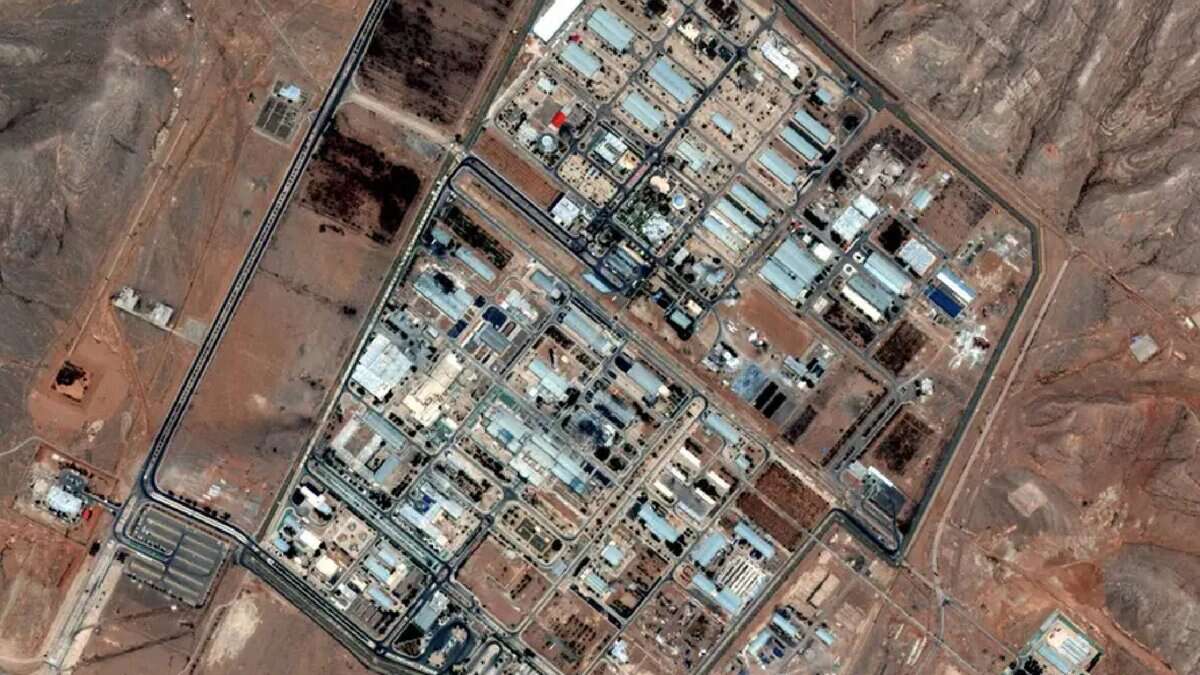
Tehran: Fighting between Israel and Iran intensified on Saturday, June 21, as the war entered its second week, with Israeli airstrikes damaging Iranian nuclear facilities and killing senior Iranian figures, while Iran retaliated with missile and drone attacks.
Officials in Iran confirmed damage to two centrifuge production sites near Isfahan following overnight strikes. No casualties were reported at the facilities. Israel described the attacks as part of its military campaign targeting what it claims are nuclear and military threats. Iran maintains its nuclear programme is for peaceful purposes.
In response, Iran launched missiles and drones at Israel. Most were intercepted, according to Israeli authorities, though a drone hit a building in northern Israel, causing damage but no injuries.
Since the conflict began on Friday, June 13, hundreds of people have been killed on both sides. A rights group reported that more than 650 people, including civilians, have died in Iran. Israeli officials said at least 24 people have been killed in Israel, with hundreds more wounded.
Israel has claimed responsibility for strikes that killed senior Iranian military commanders and nuclear scientists. Among those reported killed were General Mohammad Bagheri, General Hossein Salami, General Amir Ali Hajizadeh, and figures linked to Iran’s missile and nuclear programmes. Iran has acknowledged some strikes but has not confirmed all reported deaths.
The International Atomic Energy Agency has warned of serious risks if nuclear power plants are targeted. So far, strikes have focused on uranium enrichment and research facilities rather than reactors, including the Bushehr nuclear power plant.
Diplomatic efforts to halt the fighting have so far failed. Talks in Switzerland ended without progress, although European officials and Iran’s foreign minister signalled willingness for further dialogue if hostilities stop. Iran has also warned against external military involvement, saying this could further destabilise the region.
The international community continues to call for restraint, as concerns grow that the conflict could spread beyond the region.


